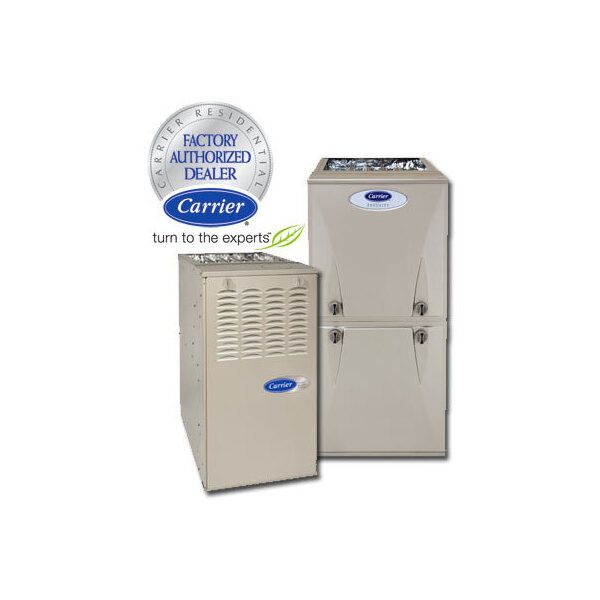
As the end of the year approaches, colder temperatures are on the horizon. You want to do everything you can to keep your home and your loved ones warm until the warmer spring months. If your furnace is on its last leg, you may be in the market for a new furnace.
Thankfully, there are multiple options available. To pick the right furnace for your home, you need to evaluate the needs of your family and have a clear idea of what you are looking at. You probably have a lot of questions. Don’t worry. After reading this guide, you will have the basic information you need to go out and purchase a new furnace with confidence.
Furnaces Come in Four Types
There are four types of furnaces on the market. They include oil, natural gas, electric, and propane furnaces. Each furnace operates a little differently and incurs different operating costs.
Electric furnaces are inexpensive to purchase. Installing them is unbelievably simple. However, since they use electricity, they are one of the most expensive to operate. This is due in part to the fact that the cost of electricity rises every year.
An electric furnace works like your toaster. When you push down the lever on your toaster, you will see metal conduits heating up. This is what toasts your bread. In a similar way, when you activate an electric heater, metal conduits heat up. Air is blown over them, and this air is then passed to your ductwork.
A natural gas furnace is an affordable option that’s easy to operate. A natural gas furnace works best if you already have a natural gas line in your home. A natural gas furnace will ignite the natural gas in the burner. The flames make the metal heat exchanger hot. The heat exchanger heats up incoming cold air. A blower pushes it into the ductwork of your home.
A natural gas furnace has a flute to remove exhaust, keeping your family safe. Natural gas furnaces cost more upfront, but they are less expensive to operate. They are also more powerful than electric furnaces because they are able to heat air in the heat exchanger quicker.
Oil furnaces operate similarly to natural gas furnaces. Oil is drawn from a tank and sprayed into a burning chamber. When the oil is ignited, the air is pulled into the chamber, where it is heated. A blower sends it through the ductwork of your home. Oil burns hotter than natural gas. An oil furnace can heat your home faster.
Propane furnaces work just like natural gas furnaces. The only exception is that they don’t need a flute. Propane furnaces are more efficient because you don’t have to burn as much propane to get the same level of heat. The only challenge is that you need to have a propane tank. Your propane tank must be full in order for your furnace to operate.
How Much Will I Spend on a New Furnace?
There are several variables. However, a mid-range furnace is going to cost you between $1,500 and $6,000. You will also have the cost of installation. If you want a model that has a high AFUE rating, you should expect to spend upwards of $10,000. Buying a new furnace is a sizable investment. It is good to think about fuel operating costs before you choose your furnace.
Additional Cost Factors
Your home likely has ductwork already installed. If you are going to purchase a new furnace, it is worth it to have your ductwork inspected by licensed HVAC technicians. You want to make sure that your existing ductwork can handle your new furnace’s blowing power.
You should have your chimney inspected as well. Your chimney is not just for your fireplace. It helps dispel dangerous gases from your hot water heater and furnace. At the same time, you want HVAC professionals to inspect the vents that direct furnace gases outside of your home. If you change your furnace, you may need to replace your vents as well.
Which Furnace Is Right for You?
This is a good question that is influenced by several variables. At Climate Control, our licensed HVAC technicians can visit your home in Portland, OR. Once we are there, we can evaluate your existing heating system and give you a professional opinion about the best type of furnace for your needs. Whether you need heating, cooling, duct cleaning, heat pump service, furnace repair, or maintenance, we know exactly what to do. Call Climate Control today to learn more about our services.
Contact Climate Control today!

